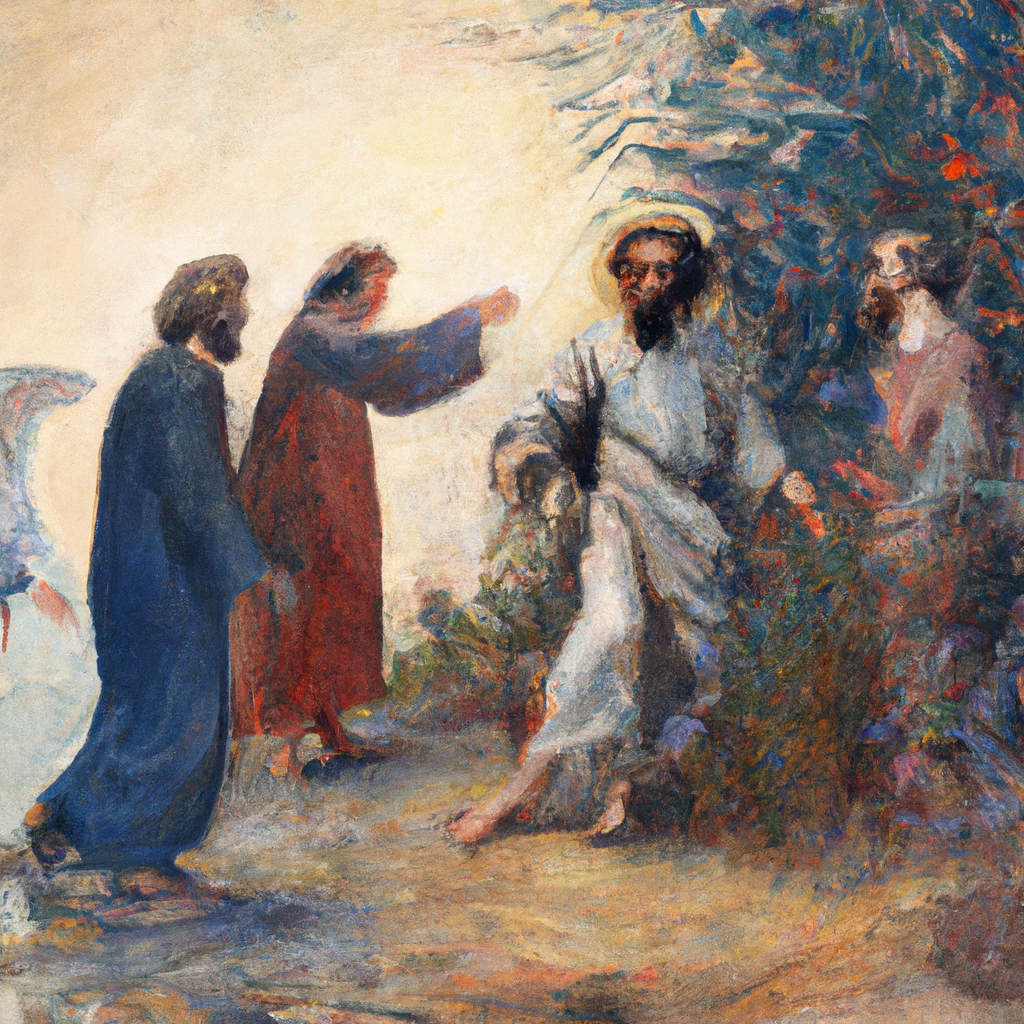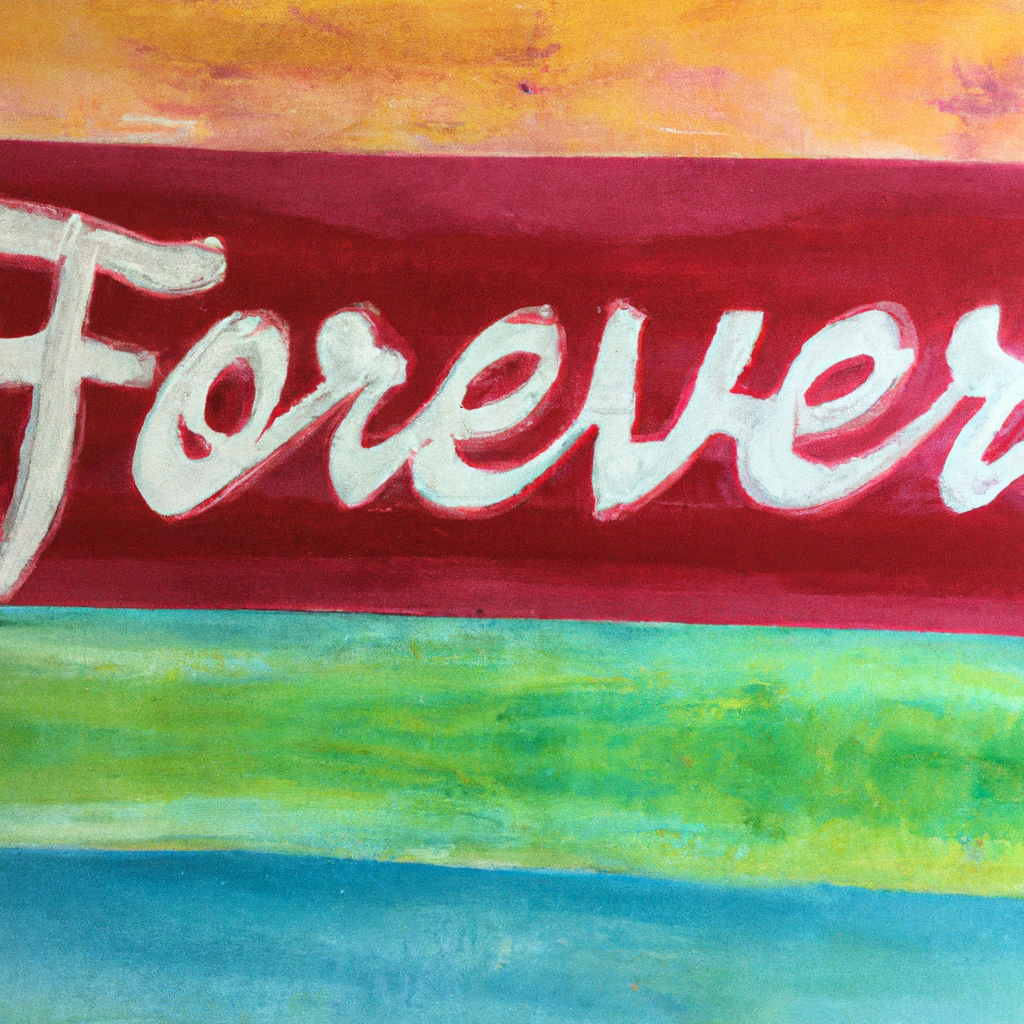Unlocking the Miracles: Jesus, John the Baptist, Healing, and Forgiving 
Jesus heals a centurion’s servant.
The high-ranking Roman soldier, the centurion, desperately needs Jesus’s help to heal his servant. He’s not a Jew. He’s not even in the same social circle as Jesus. However, he had heard enough about Jesus to send his friends to seek his assistance. The centurion recognizes that he is unworthy to have Jesus enter his home, believing that a mere word from Him would be enough to heal his servant. Jesus is amazed by how humble the man is, and He says that the man’s faith is stronger than any faith He has seen in all of Israel. With just a simple command uttered from afar, Jesus effortlessly heals the suffering servant. The centurion’s unwavering faith in Christ’s power over sickness sets an example for believers throughout time, reminding us that true faith means giving up everything and having complete faith in God’s ability to do what we can’t.
Jesus raises a widow’s son.
In the town of Nain, Jesus again displayed his incredible power and compassion. He encountered a grieving widow who’s already lost her husband and is in dire circumstances. She is now on her way to bury her only son, her last hope, and her only lifeline. Picture Jesus calmly walking into this emotionally charged scene. Sure, He’s the ultimate miracle worker, but here’s where His humanity shines through. Jesus, moved by empathy, approached the funeral procession and declared with authority, “Young man, I say to you, arise!” And just like that, the lifeless body of the young man rose from his deathbed. This miraculous event restored a mother’s happiness and showcased Jesus’ ability to overcome even death itself. It serves as a potent reminder that he is supreme over life and death and that nothing is impossible.
The story of Jesus raising a widow’s son serves as an inspiration for us today. It teaches us that there is always hope in Christ, no matter how dire our circumstances may seem or how hopeless we feel. He can breathe new life into areas where we have experienced loss or devastation.
May this story encourage your heart today as you navigate any difficulties or challenges because it ultimately points to one truth: Jesus is our ultimate source of healing and forgiveness.
Messengers from John the Baptist
John the Baptist sends messengers to ask Jesus if He is truly the Messiah. Even John, who had baptized Jesus and declared Him to be the Lamb of God, had doubts and uncertainties. John does the smart thing: he sends his disciples to ask Jesus directly. Jesus responds by listing the signs of the kingdom manifested through His ministry—the blind see, the lame walk, the lepers are cleansed, the dead are raised, and good news is proclaimed to the poor. As a reminder for us, too—when doubts assail us, it’s no use going on a miserable worry marathon; instead, we should take them straight to Jesus.
A sinful woman is forgiven.
Jesus is invited to dine at the house of a Pharisee named Simon. As they recline at the table, a woman known for her sinful lifestyle enters and approaches Jesus. As tears stream down her cheeks, she begins to wash His feet and wipe them clean with her hair. She later applies expensive perfume to His feet as a sign of worship and repentance. This display astounds the religious leaders, who wonder why Jesus would allow such a sinner to touch Him.
Jesus replies by telling a story about two people who owed money. One owed a lot of money, and the other only a little. He asks Simon which debtor would be more grateful when their debts were forgiven, to which Simon rightly responds that it would be the one who had been forgiven more. Jesus then points out that this woman has shown great love because she has been forgiven much. Her sins have been wiped away because of her faith in Him. This event indicates that the beauty of divine forgiveness is that it doesn’t segregate between sins we perceive as small or large. Our Savior stands ready to forgive and set free anyone willing to open the door of their heart. Wouldn’t you agree that’s an encouraging thought to dwell upon?
This remarkable marathon journey through Luke 7 should make us pause and ponder. It paints a vibrant picture of a Messiah who not only heals but also cares, awakens the dead, feels deep empathy, and forgives and loves relentlessly. Conversely, it also poses a challenge. And the question I leave hanging in the air for you—is your faith like the faith of the centurion, the woman, or even John the Baptist?

